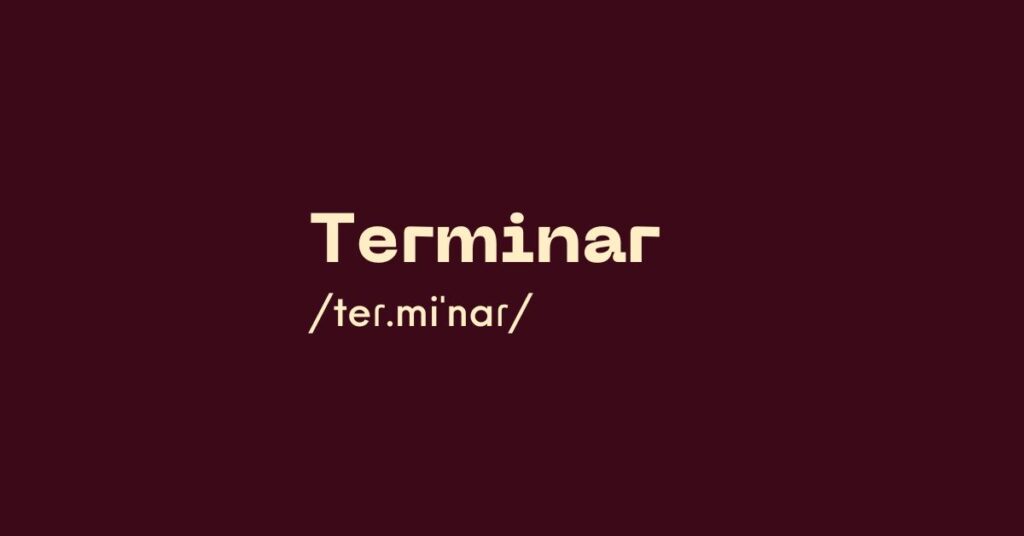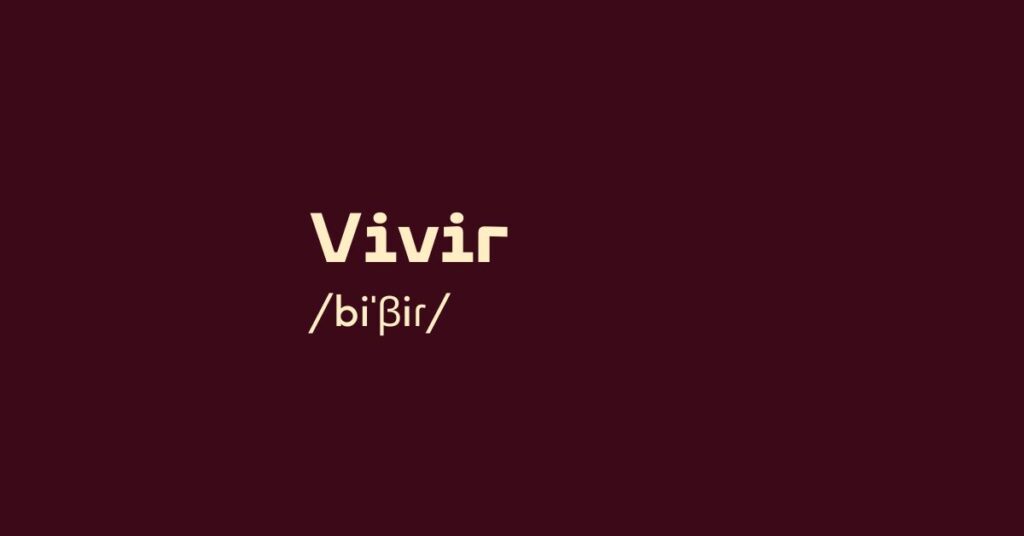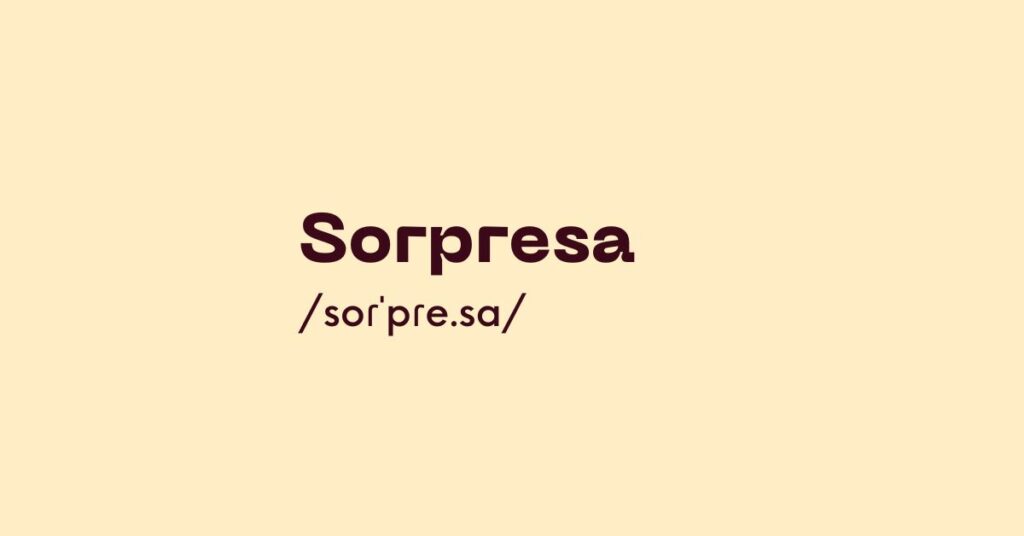Durante
Today’s Spanish word of the day is “durante”. It’s a preposition that usually translates as “during”, for example: When used to refer to a specific period of time, it translates as “for”, for example: The word “durante” is related to the English word “during”, as well as words such as “endure” and “duration”. These words […]









